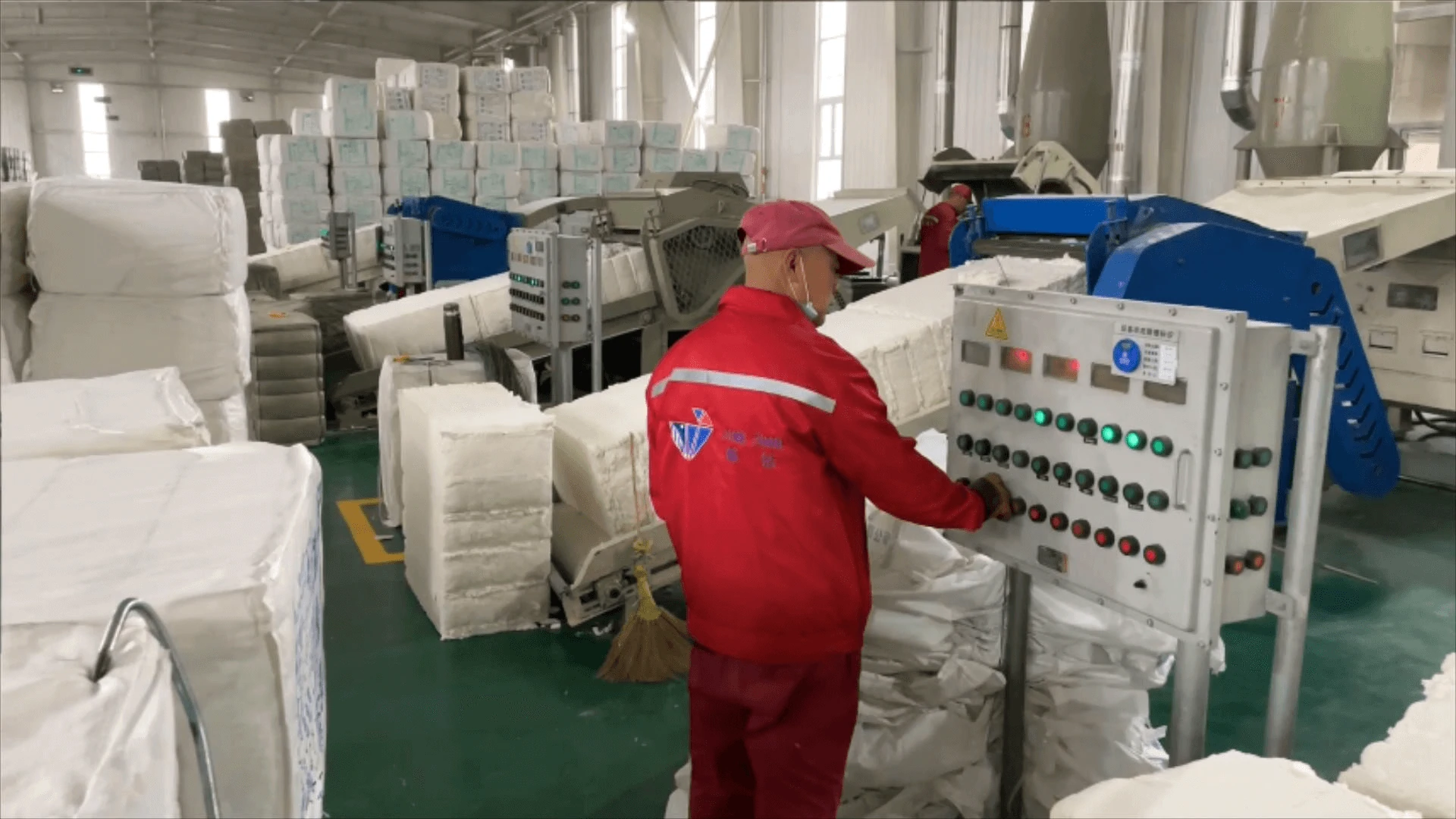
Nov . 28, 2024 12:36 Back to list
Understanding Propyl Methyl Cellulose and Its Applications in Various Industries
The Versatility of Propyl Methyl Cellulose in Modern Applications
Propyl Methyl Cellulose (PMC) is a widely used cellulose derivative that has found its niche in various industries due to its unique properties. This non-ionic polymer is derived from cellulose, a natural and abundant polysaccharide found in the plant cell wall. As a modified cellulose, PMC exhibits a range of beneficial characteristics, making it an essential ingredient in food, pharmaceuticals, building materials, and personal care products.
Physical and Chemical Properties
One of the most notable attributes of propyl methyl cellulose is its ability to form a gel-like consistency upon hydration. This quality makes it an excellent thickening and stabilizing agent. Furthermore, it is soluble in both cold and hot water, which expands its usability across various formulations. The degree of substitution of the propyl and methyl groups on the cellulose backbone influences its solubility, viscosity, and thermal stability, allowing manufacturers to tailor PMC to specific needs.
Another significant feature of PMC is its lack of taste and odor, making it an ideal additive in food products where flavor is paramount. Its non-ionic nature contributes to its biocompatibility, rendering it safe for use in consumables and pharmaceuticals.
Applications in the Food Industry
In the food industry, propyl methyl cellulose plays a crucial role as a food additive. It is commonly used as a thickener, emulsifier, and stabilizer in sauces, dressings, dairy products, and baked goods. For instance, the ability of PMC to retain moisture makes it an excellent ingredient for low-fat products, where it can help maintain texture and mouthfeel without adding calories.
Moreover, PMC is often employed in vegetarian and vegan food products as a binder, serving as a plant-based alternative to animal-derived ingredients. With the growing demand for plant-based foods, the importance of PMC is ever-increasing as it supports texture and consistency in meat substitutes.
propyl methyl cellulose

Pharmaceutical and Health Benefits
The pharmaceutical industry also benefits greatly from propyl methyl cellulose due to its versatile properties. PMC is extensively used as a drug carrier in controlled-release formulations, enabling the gradual release of active pharmaceutical ingredients. This characteristic significantly improves the efficacy of certain medications, making them more effective and reducing the frequency of dosing.
Additionally, PMC serves as an excipient in tablet formulation, enhancing the physical stability and bioavailability of drugs. It also acts as a bulking agent in certain formulations, providing a smooth texture to the final product.
Construction and Personal Care Applications
In the construction industry, propyl methyl cellulose is used in cement-based adhesives, plasters, and coatings. Its water retention properties help improve workability and adhesion, making it an essential component in tile adhesives and other construction materials. PMC also assists in reducing dust and improving the ease of application in building materials.
In personal care products, such as lotions, creams, and hair styling gels, PMC acts as a thickener and emulsifier, enhancing the texture and stability of these formulations. Its ability to create a smooth, silky feel makes it a popular choice in cosmetic formulations, ensuring a pleasant user experience.
Conclusion
In summary, propyl methyl cellulose is a multifunctional compound with widespread applications in various industries. Its unique properties—such as thickening, stabilizing, and binding—make it a valuable ingredient in food, pharmaceuticals, construction, and personal care products. As industries continue to innovate and evolve, the demand for versatile and effective ingredients like PMC is likely to increase, further solidifying its role in the modern marketplace. As the quest for sustainable and plant-based solutions intensifies, propyl methyl cellulose stands out as a prime example of how natural derivatives can meet diverse needs across different sectors.
-
Versatile Hpmc Uses in Different Industries
NewsJun.19,2025
-
Redispersible Powder's Role in Enhancing Durability of Construction Products
NewsJun.19,2025
-
Hydroxyethyl Cellulose Applications Driving Green Industrial Processes
NewsJun.19,2025
-
Exploring Different Redispersible Polymer Powder
NewsJun.19,2025
-
Choosing the Right Mortar Bonding Agent
NewsJun.19,2025
-
Applications and Significance of China Hpmc in Modern Industries
NewsJun.19,2025







